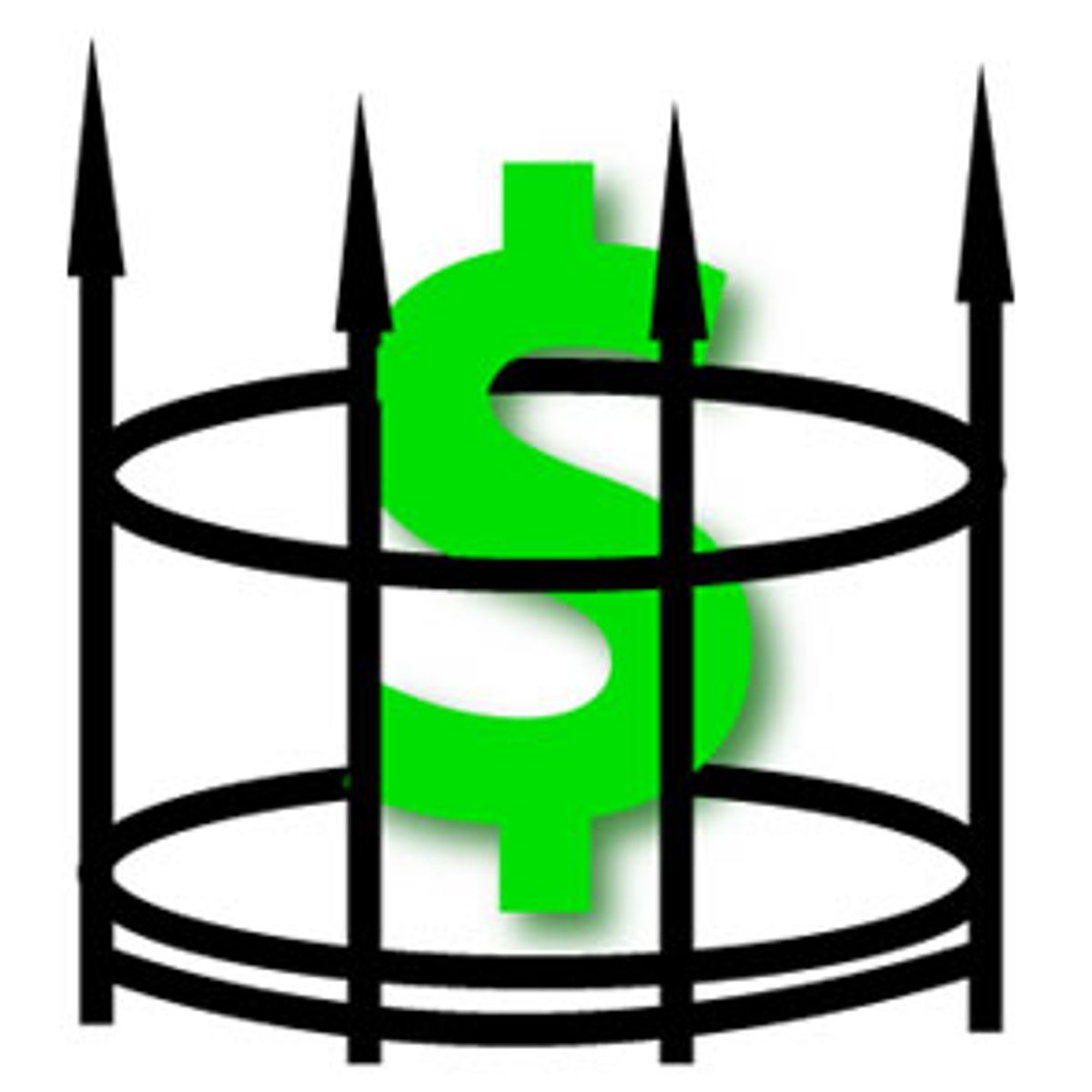Imagine how the world would be different if Diebold, the electronic voting-machine manufacturer, were owned by the government.
Well-documented flaws in Diebold's machines set off alarms long in advance of Nov. 2. Today, as a result, many people feel a sense of doubt about the results of the presidential election -- doubt that is impossible to assuage and that does no one good. It undermines the credibility of the "winner" and fosters suspicion and cynicism among the public.
As a private-sector company, Diebold is accountable only to its owners. As a part of the government, Diebold would still be accountable to its owners, but its owners would be the public, and we would have many tools to take it to task. Surely, the importance of voting equipment to a free, democratic society would make it a natural candidate for truly public ownership.
Except, the current trend in government is precisely the opposite -- to take things out of the public sector and move them to the private. For decades, privatization enthusiasts, such as the Reason Public Policy Institute and the Mackinac Center, have been engaged in a full-bore campaign to persuade us that private is better than public. In the Bush administration, such enthusiasts have some of the strongest support they've ever had.
But privatization has a dark underbelly that the public is only now becoming aware of. We see glimpses of this in the ongoing investigations into fraud, profiteering, misfeasance -- and acts of downright anti-Americanism -- by Halliburton. Those actions cast doubt on the officeholder one heartbeat away from the presidency. Now Diebold casts a cloud over the validity of our election.
Diebold and Halliburton are not the only private contractors who appear to have betrayed the public's trust, pillaged our treasury, and endangered our national security. Here are just a few recent incidents.
You may wonder why the federal employees whose jobs were contracted out, or their union, did not sue or contest these decisions. The answer is: They have been barred by law, specifically by provisions of a federal order known as Circular A-76, a from contesting anything -- even fraud -- in a decision to contract out. The only party who has the legal right to complain is a contractor whose bid is not accepted. We, the public, have also been excluded from contesting these decisions.
In other words, our national security and fiscal stability depend on the kindness of senators and representatives. This leaves a thin margin of comfort. The truth is that private is not always better than public. And the indiscriminate rush to privatize has done the American public no favors.
Let's return to Diebold and the 2004 elections. If the government ran elections and controlled all aspects of voting, life would not necessarily be perfect, but we would at least not have our elections held hostage by a company that cannot be held accountable. Instead, decisions would be made by public bodies who are bound by a web of laws that make them accountable for what they do. Their decisions and actions would be subject to constitutional requirements of due process and equal protection, ensuring just decision-making processes and fair treatment. Their decisions would be controlled by obscure and technocratic-sounding laws, such as the Administrative Procedure Act, the Freedom of Information Act, Open Meetings Acts, and other civil service requirements.
Privatization proponents call these rules "red tape." But one person's red tape is another's accountability. Right now many of us would be grateful for some of this red tape. These laws are the very stuff of democracy. They ensure that we know who is making decisions. They give us notice that a decision is to be made and provide an opportunity to participate in the process -- as a witness or even as a decision maker on public boards and commissions. They give us access to information. They create records so we can hold decision makers accountable after the fact and discover whether there has been malfeasance. They provide a judicial review of decisions and prevent cronyism and corruption. Public input and demands are inconvenient, but they can save decision makers from costly errors. They give us the ability to affect decisions that concern our well-being. They are what make us citizens instead of customers.
This transfer of important functions from public to private control should be at the center of a national debate. It is about money and quality of service, but it involves much more. It affects our national security, our personal security and our finances. Despite this, there has been silence -- except from privatization ideologues who cheerlead every movement from public to private control.
The potential problems created in Iraq by Halliburton and by Diebold in Ohio have few silver linings, but there is one reason for hope: They may finally provide the impetus for public interest and action in this critical area.



Shares